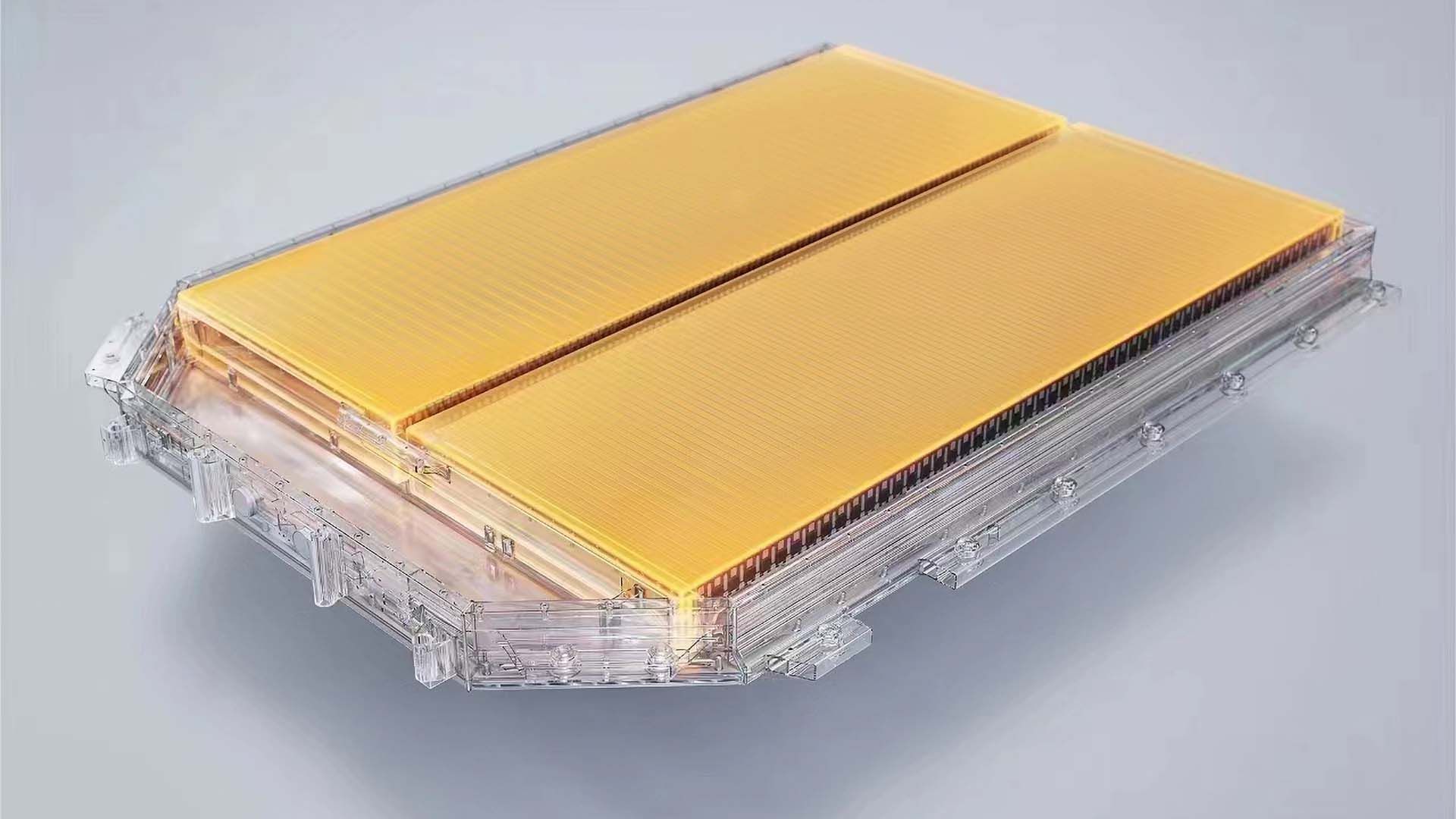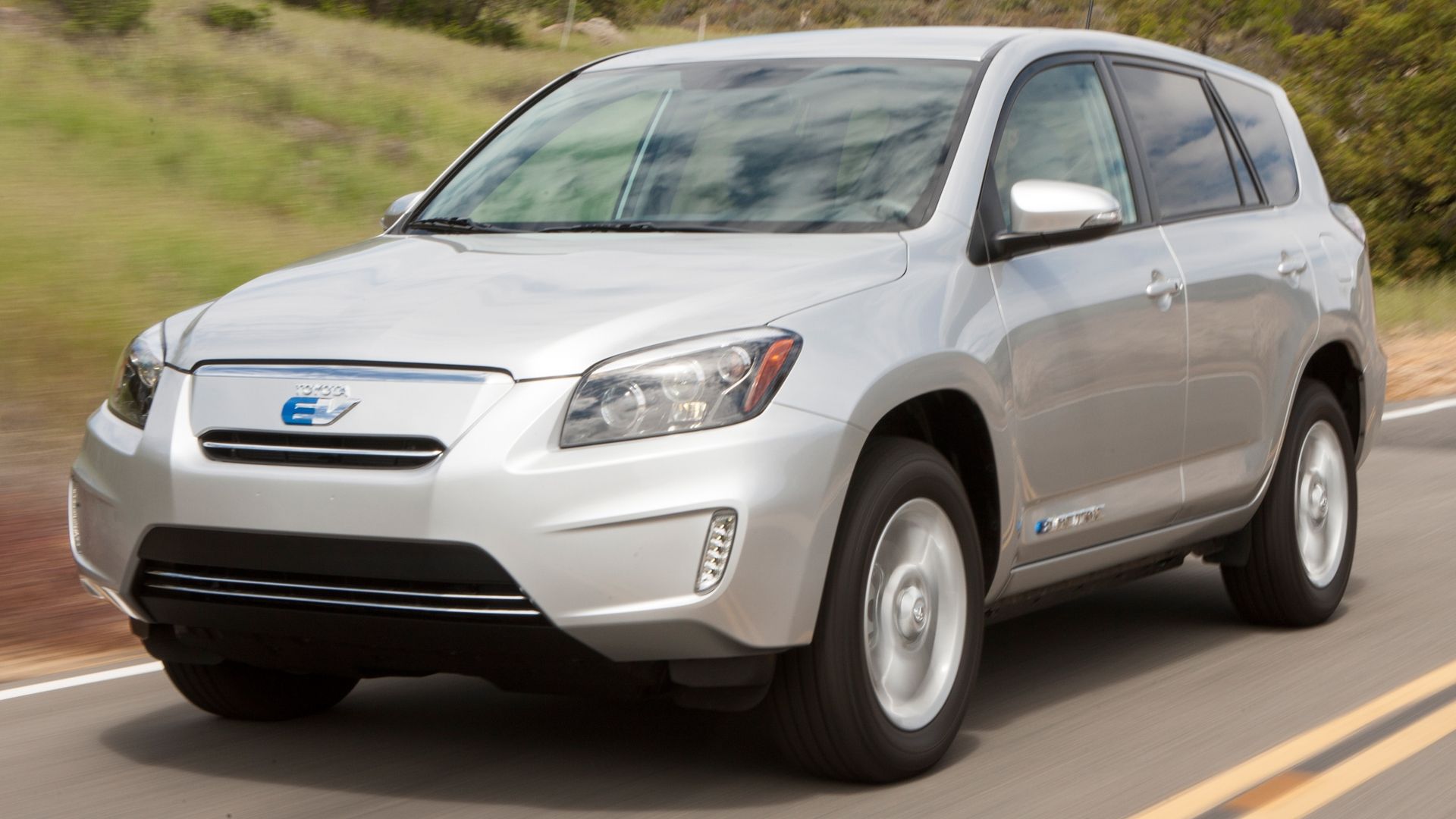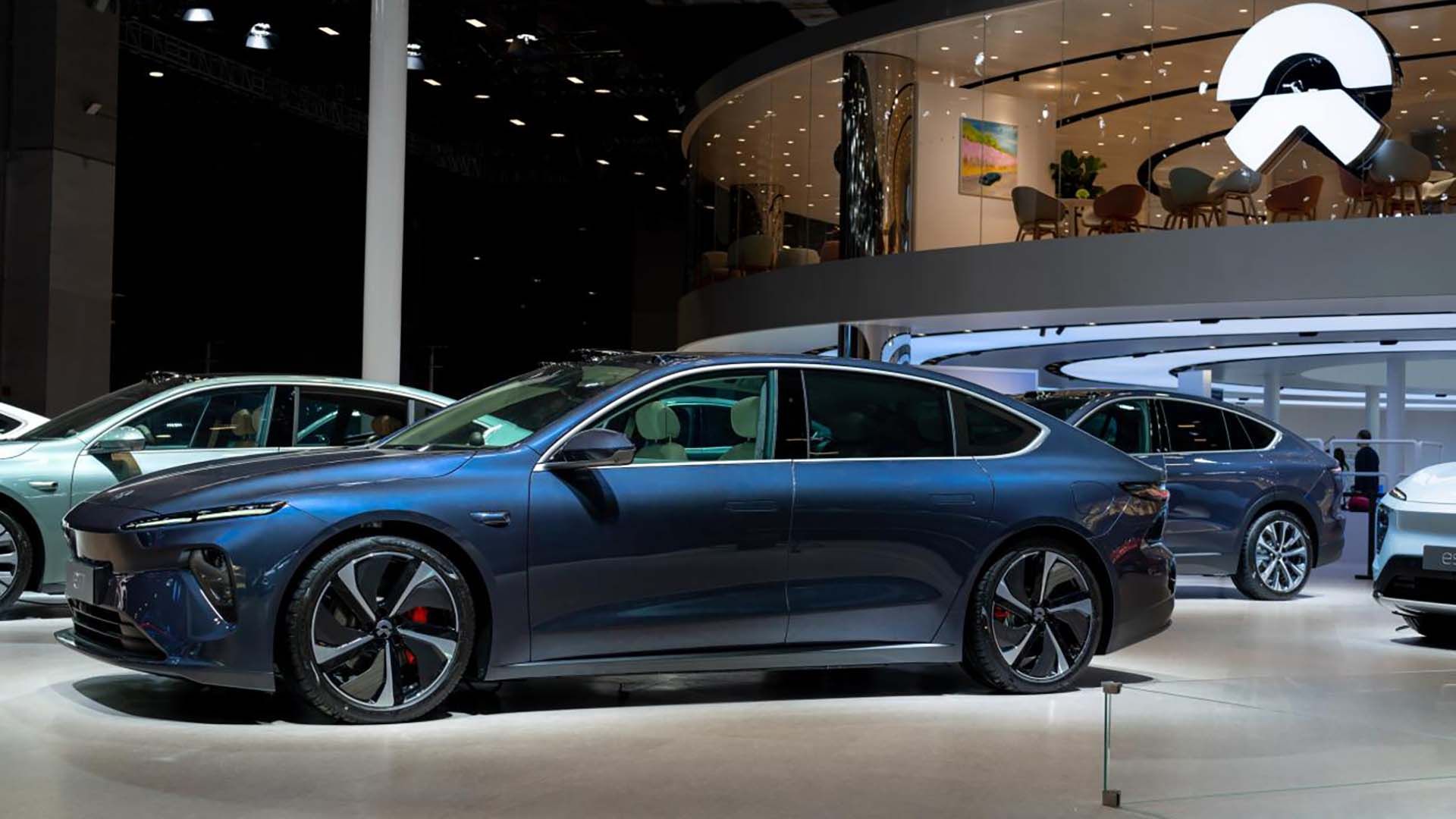Solid-state batteries just got a formidable new acronym: CASIP. That stands for the China All-Solid-State Battery Collaborative Innovation Platform, a consortium of multiple Chinese battery manufacturers, including EV giant BYD’s battery subsidiary FinDreams, battery company CATL (the name expands to Contemporary Amperex Technology Co., Limited), EV manufacturer Nio, and other major players in the Chinese EV and battery industries.
This alliance also includes multiple branches of the national government, including the Assets Supervision and Administration Commission of the State Council (SASAC) and the Ministries of Industry, Information Technology, and Science and Technology.
In other words, China is throwing a lot of industrial and governmental money at solid-state batteries. Toyota and Tesla, the respective de-facto standard bearers of solid-state batteries and EVs, may soon feel the impact as this newly formed consortium goes from its inaugural galas to actual action.
In order to give you the most up-to-date and accurate information possible, the data used to compile this article was sourced from various manufacturer websites and other authoritative sources, including Car and Driver, MotorTrend, and Top Gear.
3:02
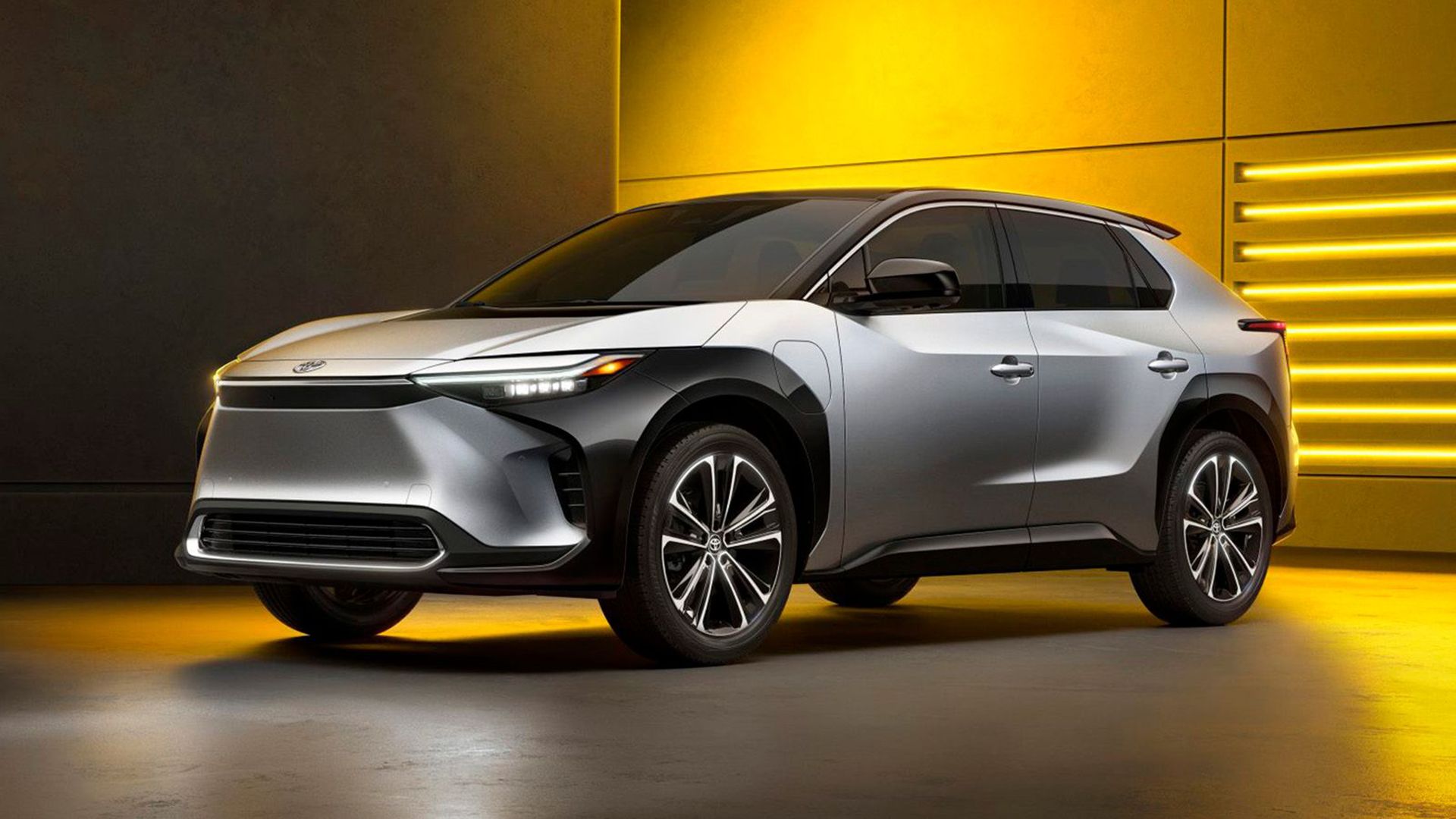
Why Toyota Needed To Partner With Idemitsu To Build Its 745-mile Solid-state Battery
Toyota is getting several benefits out of its collaboration with petroleum refiner Idemitsu, and here’s why it matters.
BYD And CATL’s Partnership
- Some of the biggest names in China’s EV industry have formed an alliance called CASIP to develop solid-state EV batteries.
- BYD is one of the biggest companies in the electrified vehicle industry.
- CATL is one of the world’s biggest EV battery manufacturers.
As one may surmise, calling CASIP a partnership between BYD and CATL is both an understatement and an oversimplification. CASIP is a large-scale consortium of multiple companies and government agencies, including some of China’s largest battery manufacturers.
Solid-state batteries remain a bit controversial among EV enthusiasts, some of whom file them next to cold fusion among “things that will never happen,” and others who believe the solid-state future is coming tantalizingly closer. However, it is clear that China’s government and EV industry believe that the future is solid state.
BYD Is The World’s Best-selling EV Brand
BYD (the name stands for Build Your Dreams) is a Chinese EV manufacturer. Founded in 2003, it initially manufactured batteries before it began making vehicles to put them in. BYD produces a standard assortment of sedans, SUVs, crossovers, minivans, and hatchbacks. It also makes electric buses, construction vehicles, and other specialized types of EVs. The company makes a few sports cars, but they are not its main focus.
As early as 2010, it announced its intent to become the world’s biggest automaker by 2025. While BYD hasn’t toppled the likes of Toyota, it has dethroned Tesla as the world’s largest electrified vehicle manufacturer two years ahead of its self-imposed deadline. (The term “electrified vehicle” is a catch-all phrase for hybrid vehicles, FCEVs, and every other type of vehicle that has an electric motor somewhere in its powertrain.)
Although BYD has a functioning website for a U.S.-based branch, the company does not export any vehicles to the United States. The BYD U.S. website may not offer any way to purchase a vehicle, but it does have all the slick promotional photography anyone could ever ask for.
CATL Is Not New To The EV Industry
CATL is a China-based battery company that has ridden the rise of EVs to tremendous profits. The company was founded in 2011, and has since become one of the world’s largest EV battery manufacturers. It currently supplies batteries to Tesla (among other companies). Tesla is currently CATL’s biggest client.
2:34
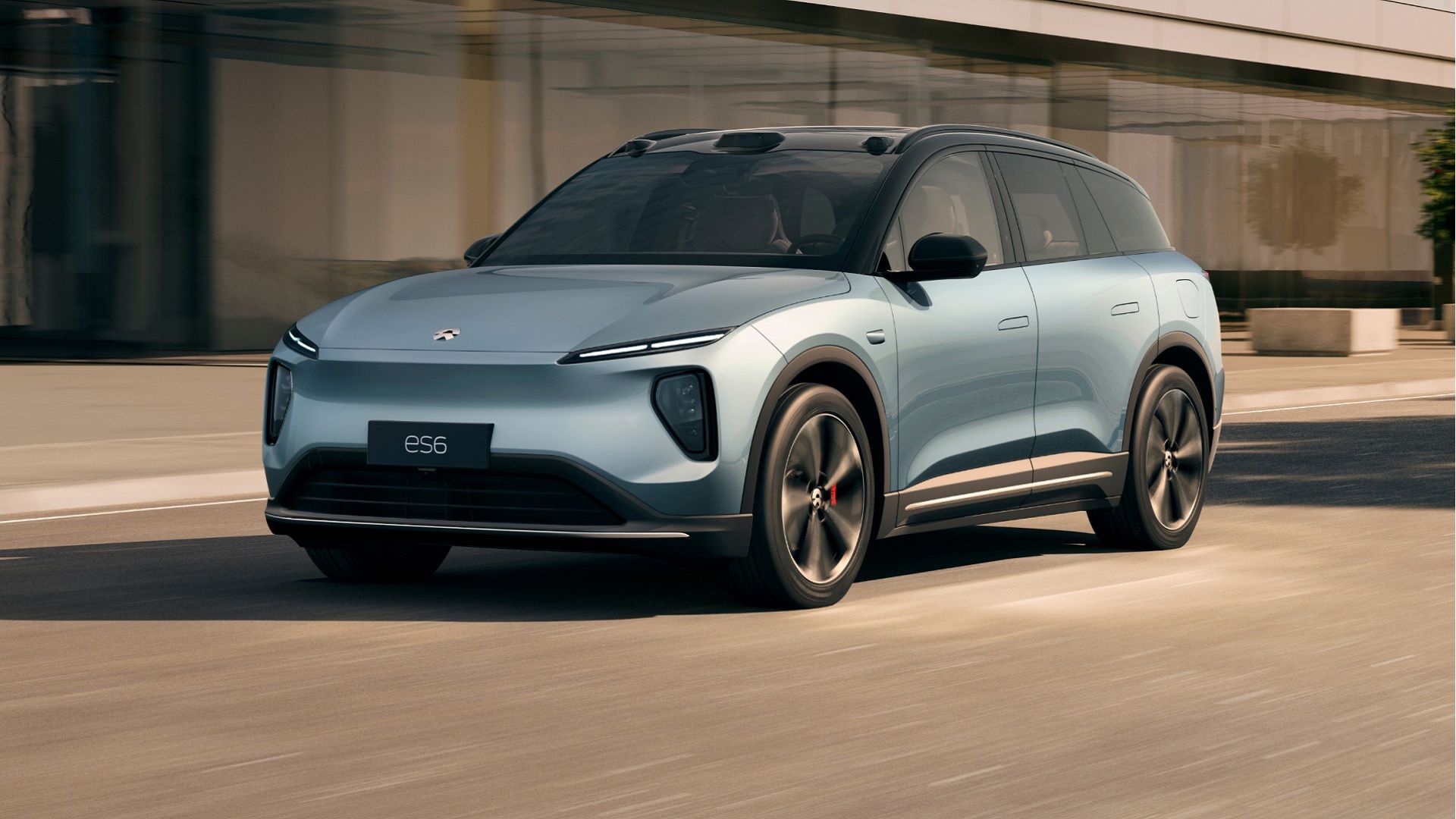
Explained: Solid-state Batteries vs Lithium-ion Batteries
The electrifying battle between solid-state batteries and lithium-ion batteries sparks innovation and potential breakthroughs in energy storage.
Toyota’s Slow Progress With EVs
- Toyota has taken a frustratingly long time to develop an EV.
- Toyota has been promising a solid-state “wonder battery” for over a decade.
- Like Toyota’s history with solid-state batteries, the company got into EVs with a bang and then slowed its progress to a frustratingly slow crawl.
Of course, solid-state batteries are nothing new. Toyota announced its interest in solid-state batteries over a decade ago. And while neither Toyota nor anyone else in the auto industry has managed to produce a solid-state EV, it is not for lack of trying. Toyota shares over 1,000 patents with electronics manufacturer Panasonic.
More recently, Toyota has partnered with Japanese petroleum manufacturer Idemitsu. While a petroleum partnership may seem counterproductive to EVs, Toyota is looking to use lithium sulfides derived from petroleum byproducts for its electrolytes. It has since made a prototype battery (or at least issued a few photographs of one) and also a glass vial of solid electrolytes.
“I wouldn’t be too worried for Tesla, as the company has proved its ability to scale new battery development at an impressive pace. As for Toyota, it’ll need a massive injection of capital in order to catch up on battery technology.” – William Clavey, TopSpeed EV Journalist and Expert.
The Long Wait For Toyota’s Solid-State Batteries
Toyota’s history with solid-state batteries parallels its broader history with EVs: dazzling at the beginning, but maddeningly slow afterward. The company first announced it would put out a revolutionary battery that could provide 745 miles of driving range, and then… nothing happened.
Toyota promised to bring a working prototype solid-state battery to the 2020 Tokyo Olympics, but was absent without comment when the games finally happened a year later (the pandemic caused a delay). Toyota has long claimed that it will get a solid-state battery onto the road by 2027 or 2028, but has since quietly pushed that back to 2030. Eventually, even the most patient Toyota fans must feel some frustration over the batteries that never come.
The Parallels Between Toyota’s Solid-State Batteries And Its EVs
Toyota’s broader history with EVs parallels its more recent history with solid-state batteries. The company dazzled the automotive world with the first mass-production hybrid in 1997, and then seemingly stopped its progress. It’s easy to forget this nowadays, but the very idea of putting an electric motor next to a car’s engine was mind-blowing in 1997– particularly from a company like Toyota that famously avoids the bleeding edge of technology.
To this day, when anyone mentions hybrid cars, the Prius is the first thing that comes to most people’s minds. (Of course, Toyota didn’t invent the hybrid car. However, it was the first company to convince people to actually buy them).
After profitably introducing the world to hybrids, Toyota’s progress with EVs seemed to stall. Like its solid-state batteries, Toyota started off its EVs with an impressive bang, then slowed down to a whimper. The company introduced (and continues to sell) the Mirai hydrogen sedan in 2014, but hydrogen cars are a painfully small market niche because there’s nearly nowhere to get hydrogen to put in a car.
After that, it had no major EV developments aside from a short-lived all-electric variant of the Rav4 (from 2012 to 2014). While Toyota has a robust lineup of hybrid vehicles, its only EV is the bZ4X SUV.
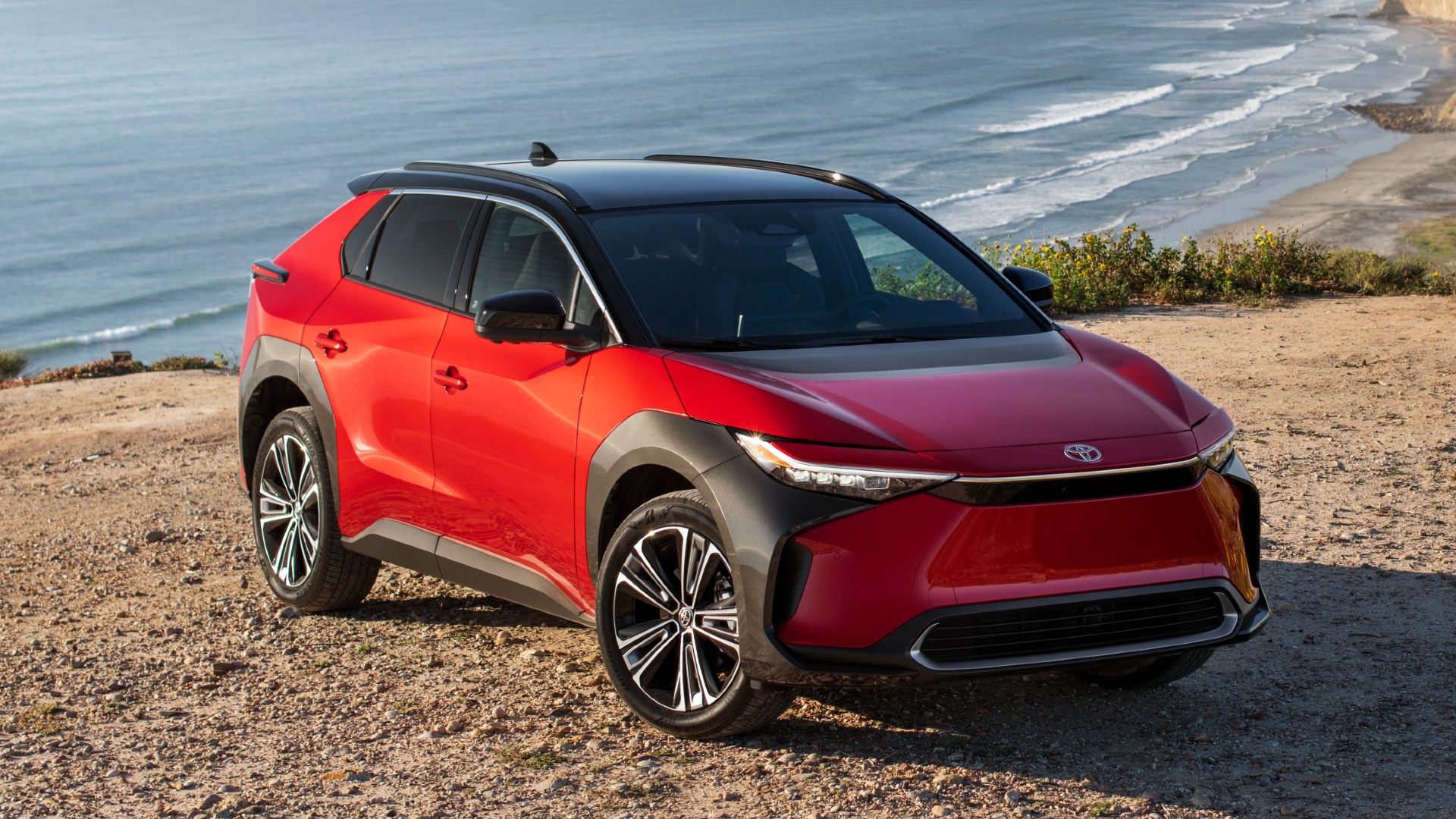
Toyota’s 745-mile Solid-state Batteries: Everything Reported So Far
The breakthrough announcement about the solid-state battery put Toyota back on the map, and here’s what you need about it.
How CASIP Affects Tesla
- CASIP is helping Tesla set up its own factory with CATL’s tooling and advice, but will end all business relations thereafter.
- CASIP member Nio has driven a semi-solid state battery for 648 miles on public roads without recharging it. This is the closest anyone has come to putting an SSB on the road.
While Tesla is currently CATL’s biggest customer, apparently CATL sees little future in their business relationship. CATL is selling Tesla its tooling and factory machinery, and effectively ending all involvement after the factory is up and running. (The motivations behind Tesla’s recent battery patent filing may suddenly make more sense.)
It may seem daft for CATL to sever one of its biggest money lines, but sometimes that kind of decision proves wise. Automotive historians will recall that Chrysler discontinued its K-platform station wagons amidst flourishing sales (granted, wagon sales had been declining a bit, but things were not disastrous) and went on to introduce the minivan and near-completely conquer the ever-lucrative family-hauler market.
However, that massive financial gamble only worked because Chrysler had a spectacular product ready to deploy. More often, cutting off one’s biggest money source leads to anxious board meetings, a telltale increase of euphemisms in press releases and annual reports, and a vulture-like swarm of outside consultants.
BYD Has Overtaken Tesla As The World’s Top EV Seller
It should be noted that Tesla is parting ways with its battery supplier just as it loses its place at the top of the electrified vehicle market. Despite the alleged brilliance of Elon Musk, BYD recently surpassed Tesla as the world’s biggest EV manufacturer. And of course, BYD hasn’t even begun sales in the United States yet. It is reasonably likely that Tesla no longer seems like a good long-term business partner.
CASIP Member Nio Has Come Closer Than Anyone Else To Getting An SSB Onto Public Roads
At this point, one would be remiss not to mention the dazzling (near-)solid state achievement of Chinese EV manufacturer Nio, which is another member of the CASIP consortium. Unlike everyone else dabbling in solid-state batteries, Nio managed to actually get one into a car and drive it. Nio’s CEO drove a car 648 miles on a single charge.
Granted, the battery was semi-solid-state instead of purely solid-state. However, it is the first time an EV with solid electrolytes has ever been on public roads (unless some company has been very secretive about its earlier battery tests). In other words, CASIP has already gotten somewhere with solid-state batteries. Tesla has not.
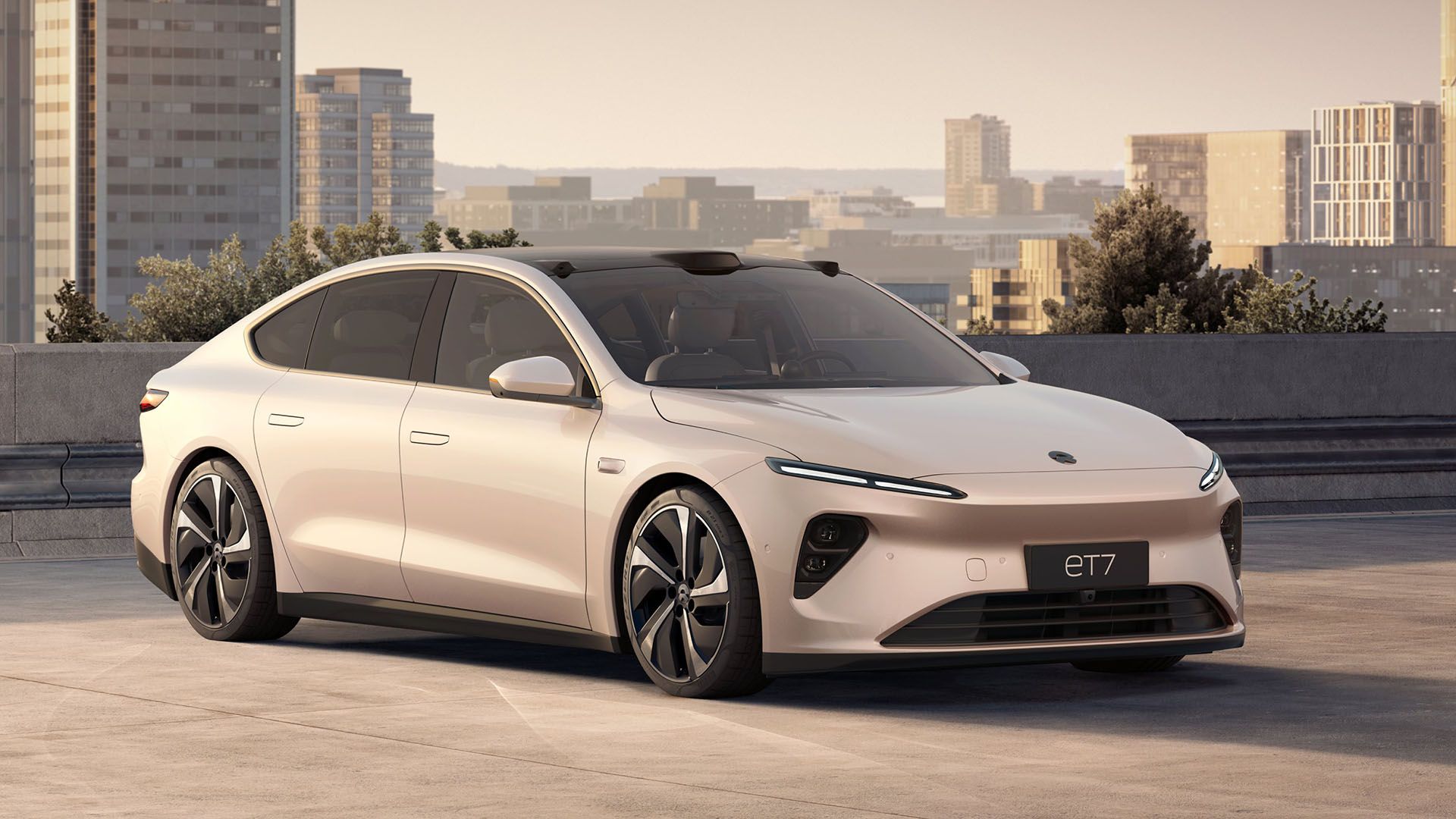
Here’s How The Semi-solid-state Battery-equipped Nio ET7 Performed In A Real-world Test
Nio’s 649-mile EV test with a semi-solid-state battery shows the potential for longer-range electric vehicles.
The Magnitude Of CASIP
While CASIP may simply be another string of letters to most EV enthusiasts (for now at least), this partnership unites the brains and the money of multiple companies. As nearly everyone knows, China is one of the biggest manufacturers (of everything) in the world. In recent years, there has been a shift in the Chinese manufacturing industry. More and more industry players are selling merchandise directly to customers instead of letting foreign importers rebadge the merchandise.
At present, the most visible instances of this have been in clothes and other consumer goods. The rise of Wish, Temu, Shein, AliExpress, and others has shown that Chinese products do not need a U.S.-based logo printed on top in order to sell. (It should hardly surprise anybody that Chinese manufacturers would eventually bypass foreign middle managers who apply another company’s logo and skim off the profits.) The Chinese EV industry is preparing to do the same.
The Chinese EV Industry Is Coming Into Its Own
Chinese auto manufacturers have been promoting themselves instead of quietly providing parts to Tesla and other outside companies. BYD in particular has sent cars to the U.S. auto shows, even though it still does not sell them in America.
It should also be noted that CASIP may need to disentangle itself from the U.S. market anyway (Tesla included). The Department of Defense was recently banned from purchasing batteries from some of the biggest manufacturers in China (CASIP members included), effective as of October 2027.
CASIP May Be How The Chinese EV Industry Goes Global
The CASIP consortium is focused on solid-state batteries. But more generally, it exists to build the Chinese automotive industry. CASIP member CATL has begun separating itself from Tesla, a company that has been its biggest buyer for multiple years. And of course, Nio has come closer than any other company to getting a solid-state battery onto the road.
Up until now, the Chinese automotive industry has generally been little more than a byline in the “parts content” section of a car’s sales label. However, that looks likely to change, starting with solid-state batteries.



